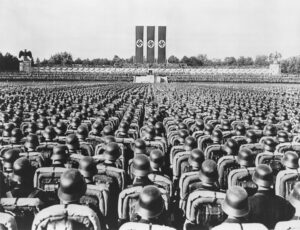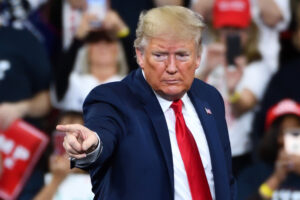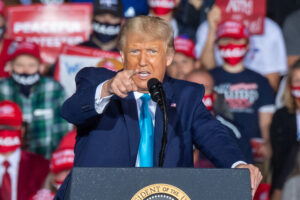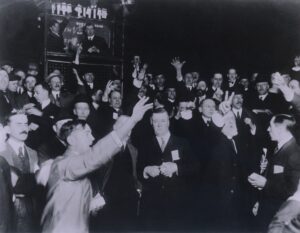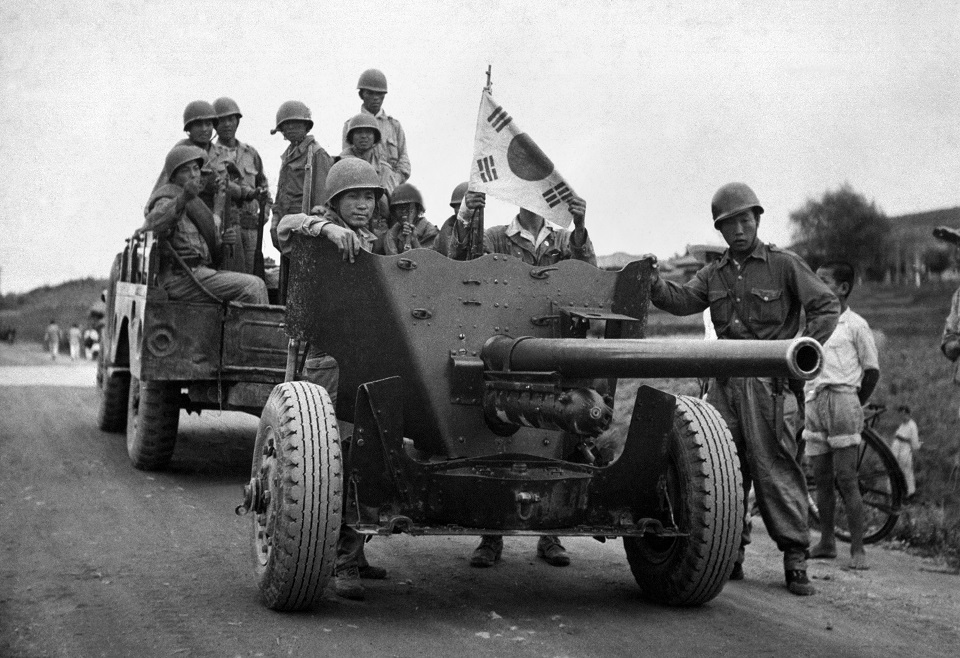
The Korean War
The Japanese Empire had long been flexing its military might in the region, defeating the Chinese in the First Sino-Japanese War between 1894 and 1895 then defeating Imperial Russia in the Russo-Japanese War of 1904/05.
Up until that point, both China and Russia had a considerable influence over Korea and between the two conflicts the Koreans welcomed a new era as the Korean Empire, but it was to be short lived. After the Russo-Japanese War, Japan would make Korea its protectorate before completely annexing the country just 5 years later, causing many to flee the country.
Rule over the Korean peninsula would come to an end due to the collapse of the Japanese empire immediately at the end of WWII. Unlike China, Manchuria and other former Western colonies the Japanese has seized in its campaign of military expansionism, Korea did not have a coherent government in exile waiting to return once the war had ended.
With the Russians liberating the north of the country (at the 38th parallel) and the Americans liberating the south and rising tension, suspicion and mistrust between the two post war allies, the Korean peninsula would find itself the first stage for the new emerging cold war to play out.




